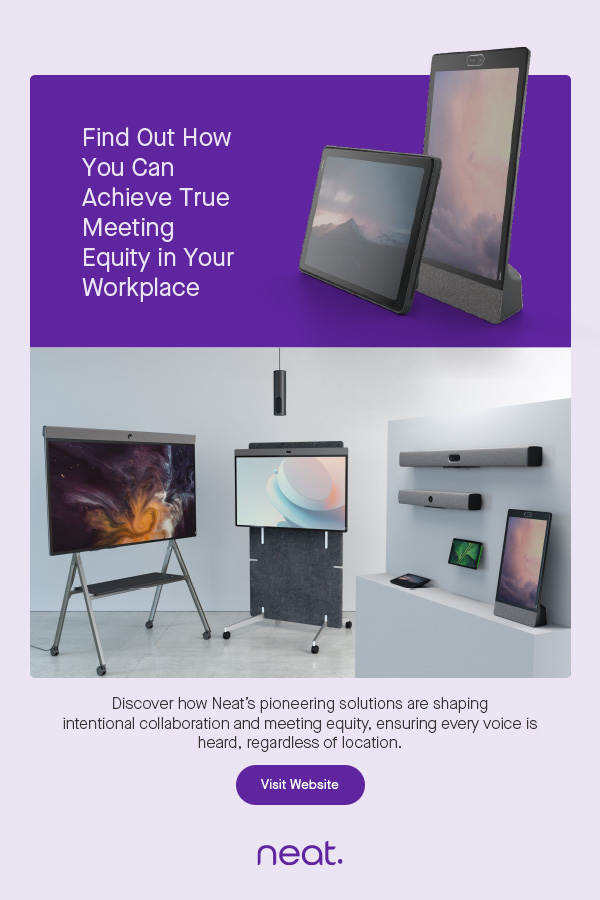GUEST OPINION: Thank you for the opportunity to comment on the policy statement on Expiring Spectrum Licences.
Commpete is an alliance for competition in digital communications representing non-dominant providers. Our members include specialised regional providers, mobile operators, MVNOs, data centre, and fibre owners, and RSPs servicing the 500+ small telco businesses and consumers all over metropolitan and regional Australia.
Commpete advocates for a competitive and open access regime, providing the ability for new and diverse entrants to enter and thrive in the telecommunications industry for the ultimate benefit of end users.
{loadposition kenn}
Mobile networks have become the primary provider of consumer telephony and broadband usage on the go and at home. There is an ever-increasing reliance on mobility in all aspects of business and life, however, it is well-documented that there are still large parts of remote, regional, and rural Australia that suffer from inadequate access to what has become an essential service. Some of Commpete’s members have been actively building infrastructure and establishing operations to help reduce the digital divide with a specific focus on regional remote digital connectivity, as well as focussing on bringing innovation to enterprises and campuses through private and public networks in metro areas.
The legacy approach to spectrum access was via spectrum licences which were auctioned to the highest bidder for very long (+/- 20 year) periods. This approach has resulted in spectrum being held for exclusive use on long-term licences by a small number of national mobile network operators irrespective of whether they used that spectrum or not.
It is fair to say that the nationally licenced spectrum is only used in one third of Australia’s landmass, with the remaining two thirds lying fallow and not used. This is despite the potential for more targeted and innovative solutions being able to use that spectrum to deliver services to the likes of mining, agriculture and first nations communities, delivering enhanced social and economic benefits in these areas.
Whilst it is acknowledged that the ACMA has recently issued spectrum via Area Wide Licences (AWLs) in mid and high band frequencies, the same cannot be said for low band spectrum. Low band spectrum is essential for the provision of mobile services and is typically used as a base band layer to provide a comprehensive digital communications service, in conjunction with spectrum in higher bands (i.e. 2GHZ and above). Without access to low band spectrum regional providers are unable to service these communities cost effectively or efficiently, due to the inferior propagation characteristics of higher spectrum bands compared to low band (i.e. < 1GHz). It is therefore essential that spectrum is made available to service these regional and remote areas particularly where it is not being utilised today.
It is also apparent that national MNO’s are no longer willing to invest in extending their regional coverage without substantial subsidies provided via government programs such as the Mobile Black Spot Program (MBSP) and Regional Connectivity Program (RCP). There is an argument that these funded sites should be made available to all other operators on a commercial basis, which can be tied to the condition of licence access and funding terms.
There have also been substantial developments in active sharing technologies and neutral host models which further enhances the ability to build out cost effective connectivity whereby MNO’s have the ability to actively share networks, however this development has been stymied by the lack of access to suitable spectrum and willingness of operators to participate.
The neutral host model strongly advocated by Commpete supports a more affordable model in this regard and it is acknowledged that it is part of government co-funding programs, however, the host needs to be in a position to access the relevant spectrum.
Commpete believes it is very encouraging to see the Ministerial policy statement on Expiring Spectrum Licences (ESLs) providing scope for:
• Promoting competition
• Opportunities for new entrants and use cases, including LEO satellites
• Capacity for sustained investment and innovation
• Connectivity and investment in regional areas to deliver improved services to end-users
Incumbent spectrum licence holders must be able to demonstrate they are using or have demonstrable plans to use the spectrum they have licenced or be subject to ‘Use it or Lose It (UIOLI) and/or “Use it or Share it” (UIOSI) obligations.
Enhanced competition through a more open approach to accessing a combination of spectrum and Area Wide Licences, as seen in the recent mid and high-band approaches, will support a more dynamic, innovative and competitive communications landscape. This is particularly crucial for regional and remote Australia.
Commpete is happy to discuss these matters further.












































